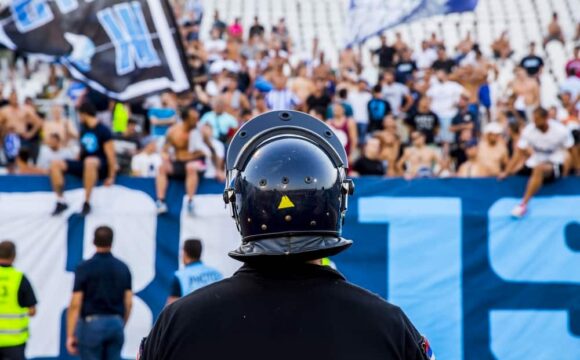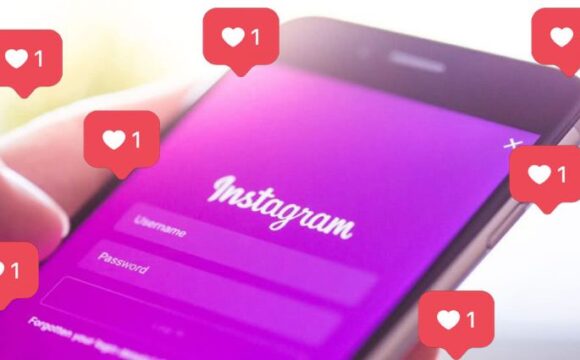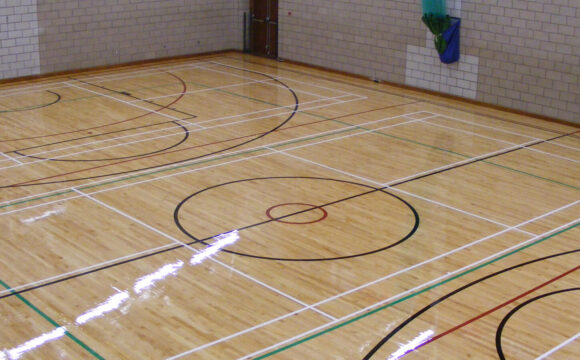For several years, many athletes have understood that they do not necessarily have to go through the traditional media (print, radio, TV) to have a publication platform. There are many alternatives today: social networks (Instagram, Facebook, Twitter, TikTok), video blogs (YouTube), specialized live video platforms (Twitch).
There are a number of ways that sportsmen can use YouTube to improve their game. By watching videos of their favorite athletes in action, they can learn new techniques and strategies. They can also get an inside look at the training regimens and mindsets of successful athletes. Additionally, sportsmen can use YouTube to stay up-to-date on the latest news and developments in their sport, and to connect with other athletes and fans around the world. You can create a youtube channel and start creating content which will help you earn money. All you need is to buy youtube views instant.
“Trying to monetize your talent in another way is interesting”
Ten days ago, Romain Grosjean announced his arrival in the IndyCar category via a “press conference” on Twitch. During confinement, the four tennis musketeers (Gaël Monfils, Jo-Wilfried Tsonga, Richard Gasquet, Gilles Simon) met for a live discussion intended for their fans, where they unveiled anecdotes never before told.
In recent months, Nicolas Anelka, Antoine Griezmann, Tony Parker and many sports stars have collaborated on the production of a report on their lives and their daily lives. And we no longer count the various and varied announcements of athletes on their social networks, from simple private news to a denial of a transfer window rumor. In short, athletes have changed their media approach.
Caroline Aubert, ex-pro basketball player, turned agent, sums it up as follows: “When I started my career, the internet was in its infancy. There were no social networks, everything was going slower. Today, it’s Instagram, Twitter, Facebook… Milos Teodosic’s action, I’ve seen it more than a hundred times. She must have gone around the world in 24 hours. Society has evolved.
To help athletes understand the world of social networks, to create a community, many communication agencies have emerged.
David Drahy, founder and co-director of the Com’Over agency, which notably manages the careers of several athletes, explains his journey: “Before, athletes were aware that their career could end on an injury, for example. With things like the pandemic, they realize that there may be other things that make it stop. In this context, trying to monetize your talent in another way is interesting.
“Athletes are brands and you have to work on your brand before going to sell it,” he continues. There is a window of opportunity with Paris 2024, companies will want to claim the Olympics one way or another. A good way to tell a story can be to support an athlete. Com’Over notably accompanies Marie Bochet, eight-time Paralympic champion. “Marie does not have a huge income related to her sport (skiing). But by telling a story, by creating a community, it can interest certain brands”, continues David Drahy.
“Media and communities can be complementary”
Social networks make it possible to create such a community and like influencers, athletes have a place to take to diversify their income. It is thus a question of marketing and not of communication. “We created a “Talents” department because there is no reason that an athlete who has a great story cannot monetize it with social networks and his community, while an influencer, who has potentially less things to tell, earns a living through this,” explains David Drahy.







